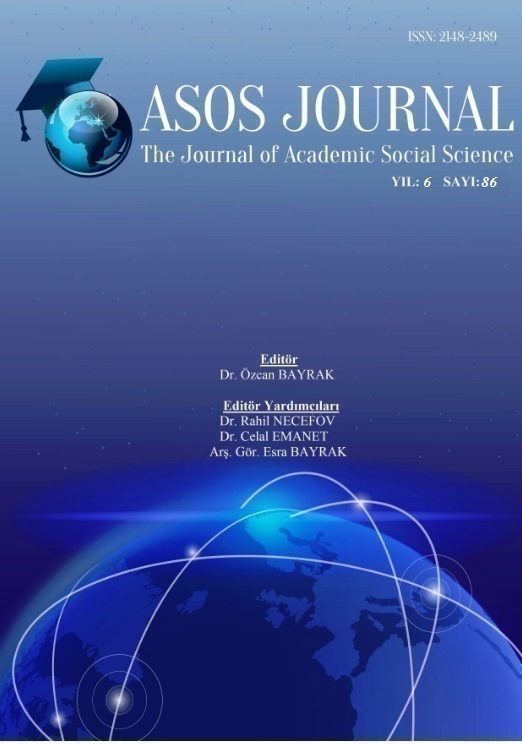Author :
Abstract
Araştırmanın amacı, Türkiye’deki bireylerin dijital müzik korsanlığı bakış açılarının belirlenmesi ve davranışlarının tahmin edilmesidir. Amaç doğrultusunda, faktörler arasında temel yapıyı oluşturmak ve ilişkiyi ortaya koyabilmek için ilişkisel araştırma modelinden yararlanılırken, verilerin sağlanmasında yapılandırılmış anket kullanılmıştır. Toplam 385 üniversite öğrencisine kolayda örneklem yoluyla ulaşılmıştır. Verilerin analizinde tek ve çok değişkenli istatistiksel analiz yöntemlerinden faydalanılarak hipotezler yapısal eşitlik modeli ve yol analiziyle test edilmiştir. Algılanan yarar ve kolaylaştırıcı durum faktörlerinin bireylerin korsanlık tutum ve niyetlerine etki ettiği ortaya çıkarken, algılanan risk ve dürüstlük faktörlerinin ise anlamlı bir etkisinin olmadığı görülmüştür. Öğrencilerin, dijital müzik korsanlığını dürüstlük ile bağdaştırmamaları, yasal boşlukların olduğuna inanmaları, eyleme niyetlenirken risk faktörünü göz önünde bulundurmamaları paydaşlar için önemlidir. Araştırmanın Türkiye’de yapılan az sayıdaki çalışmalardan birisi olması dolayısıyla ileride yapılacak çalışmalara yardımcı olacağı düşünülmektedir.
Keywords
Abstract
The purpose of the study constitutes estimating the determination and behavior of individuals’ viewpoint in Turkey. For the purpose of the study, relational research model was used to establish the basic structure among the factors and the relationship. A structured questionnaire was used to obtain research data from 380 university students. Research units were obtained through easy sampling and single and multivariate statistical analysis methods were used in the analysis of research data. The structural equation model and path analysis were used to test the research hypotheses. Once the results of the study are examined, the factors as perceived benefits and facilitating factors have been found to affect the piracy attitudes and intentions of individuals. But it was observed that perceived risk and honesty did not have meaningful effects. It is striking for stakeholders that students do not associate the concept of digital music piracy with the factor of honesty. Also they believe that there are legal gaps in relation to the subject and they do not take the risk factor into account when they intend to act. The research is one of the rare one made in Turkey in the literature. Therefore, it is thought that the research will help the future studies.
